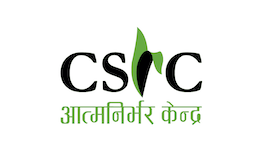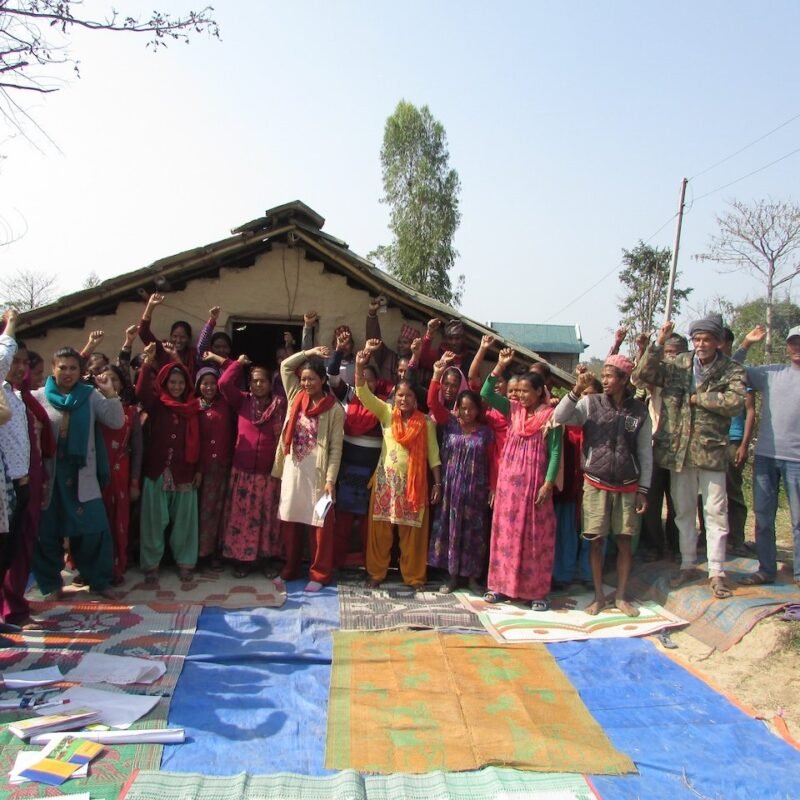National Land Coalition–NLC
NLC Nepal, established as a national platform of the International Land Coalition (ILC), has been actively involved in land law and policy reform for nearly a decade. Aligned with the global objective of achieving equitable land governance at the national level, NLC Nepal aims to address the needs and safeguard the rights of women, men, and communities residing on and dependent on the land. In alignment with ILC’s objectives, NLC Nepal has developed a joint strategy partnership spanning 2022-2030. This strategy aims to facilitate systemic changes in both land governance policies and practices at the national level.
NLC Strategy Priorities: NLC Strategy 2022-2030 majorly focuses on six priority strategies; i) people cantered land governance and movement, ii) policy advocacy for legal and political commitment, iii) contributing to knowledge production and people’s data, iv) promoting sustainable collaborative farming system, v) youth action in agrarian and land rights discourses and practices for transformation, and vi) capacitate the public and policy institutions for land rights justice aiming to promote ‘justice-based land and agrarian reforms’ to realize people cantered land governance in Nepal engaging diverse land actors in the longer term expecting also contribute to the improvement in the socio-economic condition of landless, smallholder, land poor and land-dependent, men, women and local communities.
Priorities for 2024: Based on NLC’s strategy priorities and the current country context, NLC’s priorities for 2024 will be to continue facilitating support in sensitizing and advocating for crucial issues such as land allocation, women’s land rights, and the intersection of climate and land management. This involves from policy advocacy to impactful implementation. NLC, along with its members and other stakeholders, will continuously coordinate and facilitate the reform of the Land Commission. Furthermore, there will be ongoing efforts in the land allocation program and the distribution of land ownership certificates to landless households and Dalit communities. Women’s land rights will be a particular focus, emphasizing promoting joint land certificates for women. Farmers will receive comprehensive information, advocacy, and capacity enhancement regarding climate change and climate-adaptive farming systems.

